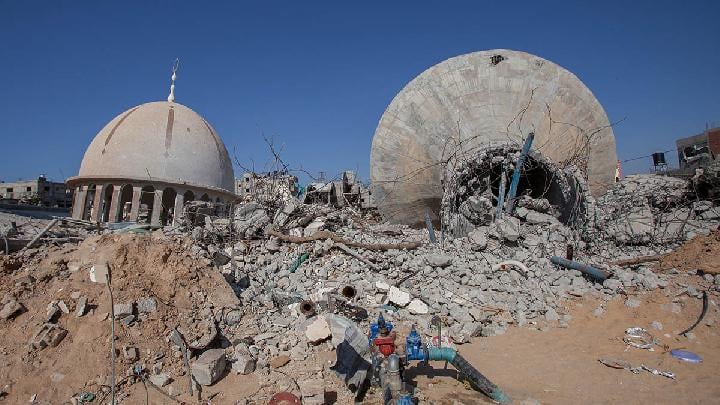TEMPO.CO, Jakarta - As Israel’s devastating assault on Gaza enters its third year on October 7, 2025 — with more than 67,200 Palestinians killed, most of them women, children, and the elderly — growing attention has turned to the countries and defense companies that continue to supply Tel Aviv with weapons despite mounting accusations of genocide.
Between 2020 and 2024, the United States and Germany accounted for the majority of Israel’s arms imports, while Italy and the United Kingdom played smaller but still significant roles.
Israeli defense firms themselves remain central, backed by niche suppliers across Europe and Asia. Collectively, they form a global arms network sustaining Israel’s military operations in Gaza.
This report, compiled from Anadolu and other open-source data, outlines the key countries and corporations arming Israel, and the scale of their support despite rising global outrage and allegations of war crimes.
United States: Israel’s Main Military Backer
Washington remains Israel’s largest arms supplier and most steadfast political ally, repeatedly vetoing United Nations Security Council resolutions calling for a Gaza ceasefire.
From 2020 to 2024, the U.S. accounted for roughly two-thirds of Israel’s arms imports, according to the Stockholm International Peace Research Institute (SIPRI).
Under a standing agreement, the U.S. provides $3.8 billion in annual military aid through 2028, most of which must be spent on American-made equipment and services. Yet Washington’s real support has far exceeded that figure.
During just the first year of the Gaza war, U.S. media reports suggest at least $6 billion in weapons were delivered or approved, with total commitments potentially reaching $22 billion once pending deals are included.
Most shipments were fast-tracked under emergency authorities, though some transfers of large bombs were temporarily paused due to civilian casualty concerns.
Recent and upcoming packages highlight the scale of support:
$6.4 billion for Apache helicopters and infantry assault vehicles
$1.9 billion for urban combat vehicles
$750 million for spare parts and demolition systems
Early in 2025, Congress was notified of further deals: $8 billion for bombs, missiles, and precision-guided munitions, plus $7.4 billion for Hellfire missiles and bomb guidance kits.Deliveries are planned through 2025–2028, reflecting long-term U.S. investment in Israel’s military infrastructure.
On the battlefield, U.S.-made equipment like Caterpillar D9 bulldozers are used to demolish homes and clear rubble, while Eitan armored vehicles are powered by U.S.-supplied engines.
Behind these transfers stand the U.S.’s biggest defense contractors — Boeing, Lockheed Martin, Raytheon, Northrop Grumman, Honeywell, Collins Aerospace, GE Aviation, Pratt & Whitney, Moog, and L3Harris — all providing aircraft, avionics, ammunition, and support systems that sustain Israel’s war machine.
BAE Systems, which operates in both the U.S. and U.K., contributes electronic warfare and identification systems. Meanwhile, Pine Bluff Arsenal, part of the U.S. Army’s industrial base, produces white phosphorus munitions, whose use in densely populated areas has drawn international condemnation.
Germany: Europe’s Strongest Supporter
Germany is Israel’s second-largest arms supplier, responsible for roughly one-third of its imports between 2020 and 2024, according to SIPRI.
Unlike many European nations, Berlin does not recognize Palestinian statehood and remains one of Tel Aviv’s closest allies in the EU.
Between October 2023 and May 2025, Germany approved €485 million in weapons exports to Israel. While the value dropped slightly in 2024, Berlin’s overall role remains critical.
Major transfers include naval frigates, torpedoes, and 120mm precision tank ammunition supplied by Rheinmetall, Germany’s largest arms manufacturer. Der Spiegel reported that Rheinmetall’s munitions were heavily used during Israel’s ground operations in Gaza. The company’s sales surged 58 percent in 2024, with record-high order backlogs.
Atlas Elektronik has also been involved in maintaining Israel’s Dolphin-class submarines through partnerships with Israeli firm Vsense Technologies, while Mercedes-Benz has produced heavy-duty recovery trucks used to transport Israel’s Merkava tanks.
Italy: Small Share, Strategic Links
Italy ranks as Israel’s third-largest arms supplier, accounting for about 1 percent of its imports between 2020 and 2024, according to SIPRI.
Most of Italy’s exports consisted of light helicopters (59%), with the rest being naval weapons integrated into German-supplied frigates. Italy also contributes components for the F-35 fighter jet program.
An investigation by Italian outlet Altreconomia revealed that Rome exported €5.2 million worth of weapons to Israel in 2024 alone.
United Kingdom: Partial Restrictions, Ongoing Exports
Despite its recent recognition of the State of Palestine, the U.K. continues to supply Israel with weapons and components.
In August 2025, British companies shipped 110,000 rounds of ammunition to Israel, according to a Channel 4 investigation.
While London suspended around 30 out of 350 arms export licenses in September 2024, covering parts for fighter jets, helicopters, drones, and targeting systems, most licenses remain active, including for naval platforms and dual-use goods.
A major loophole lies in the F-35 program, of which the U.K. produces about 15 percent of each jet. These components continue to flow into a global parts pool accessible to Israel, despite concerns over their use in Gaza.
British-based Moog provides flight control systems for Israel’s M-346 trainer aircraft, while other British-made parts are incorporated into weapons later re-exported by Israeli firms, according to a Campaign Against Arms Trade report from December 2024.
Other Suppliers: A Global Web
Beyond its Western allies, Israel receives specialized support from defense companies across Europe and Asia.
French aerospace firm Safran supplies aircraft engine components through European defense partnerships, while South Korea’s Huneed Technologies provides wiring assemblies and cockpit systems for Israeli military aircraft.
Together, these ties illustrate that Israel’s war in Gaza is not an isolated campaign. It is sustained by a global network of defense supply chains, one that continues to expand even as civilian casualties mount.
Editor’s Choice: Trump Urges Swift Progress in Gaza Peace Talks
Click here to get the latest news updates from Tempo on Google News



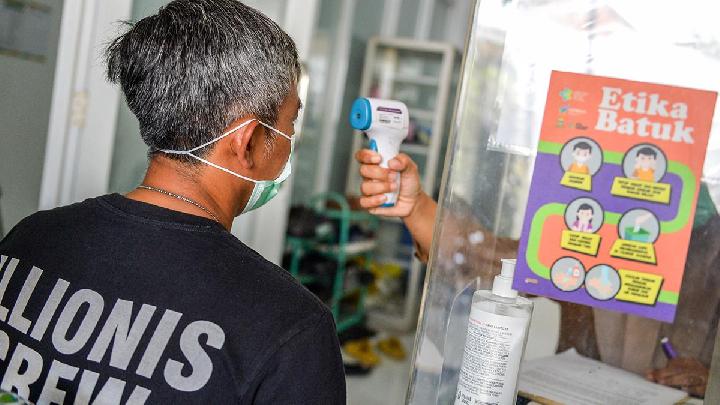

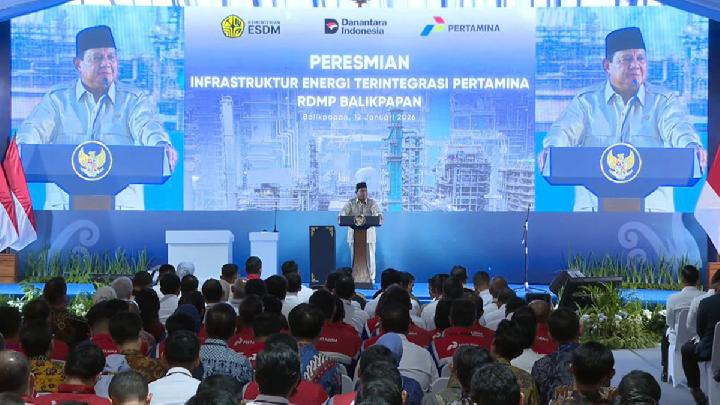





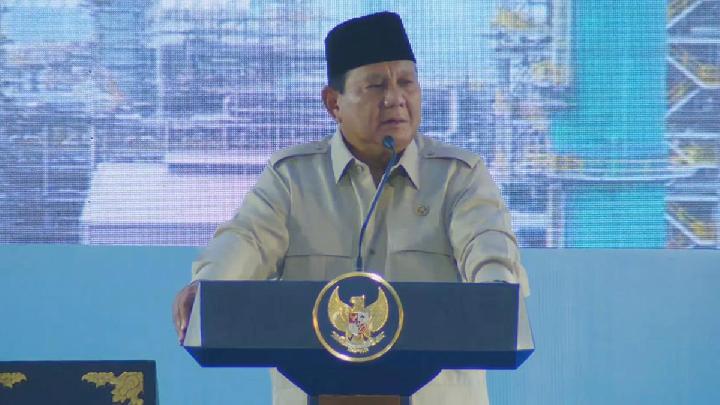




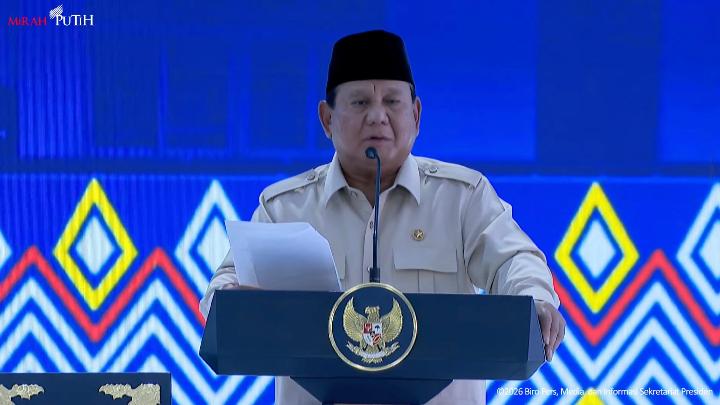

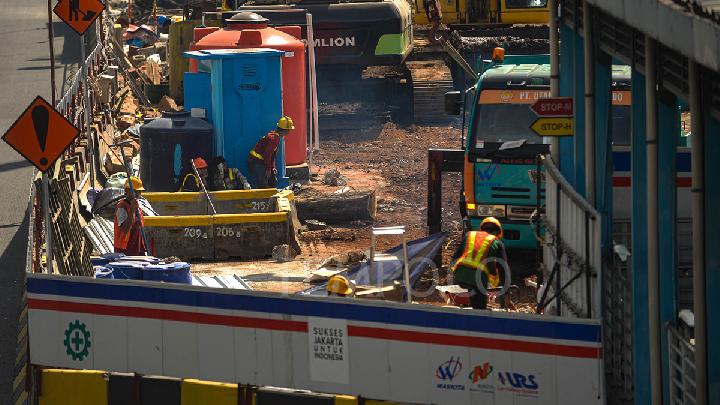














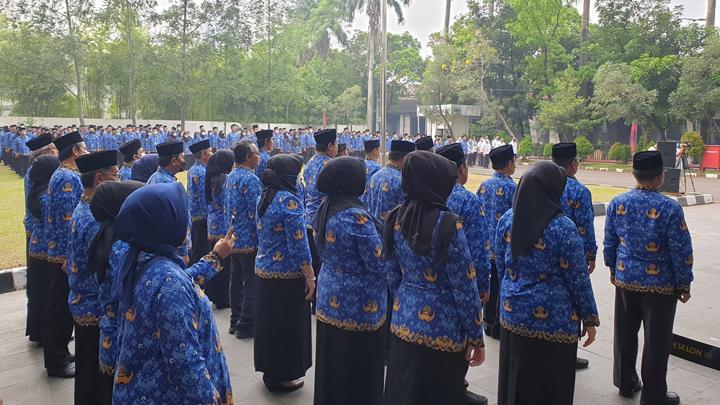

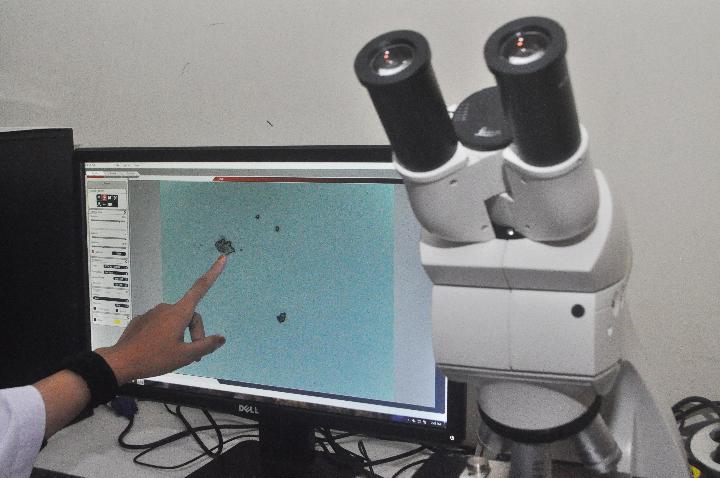






:strip_icc():format(jpeg)/kly-media-production/medias/5316291/original/015050100_1755231247-5.jpg)






